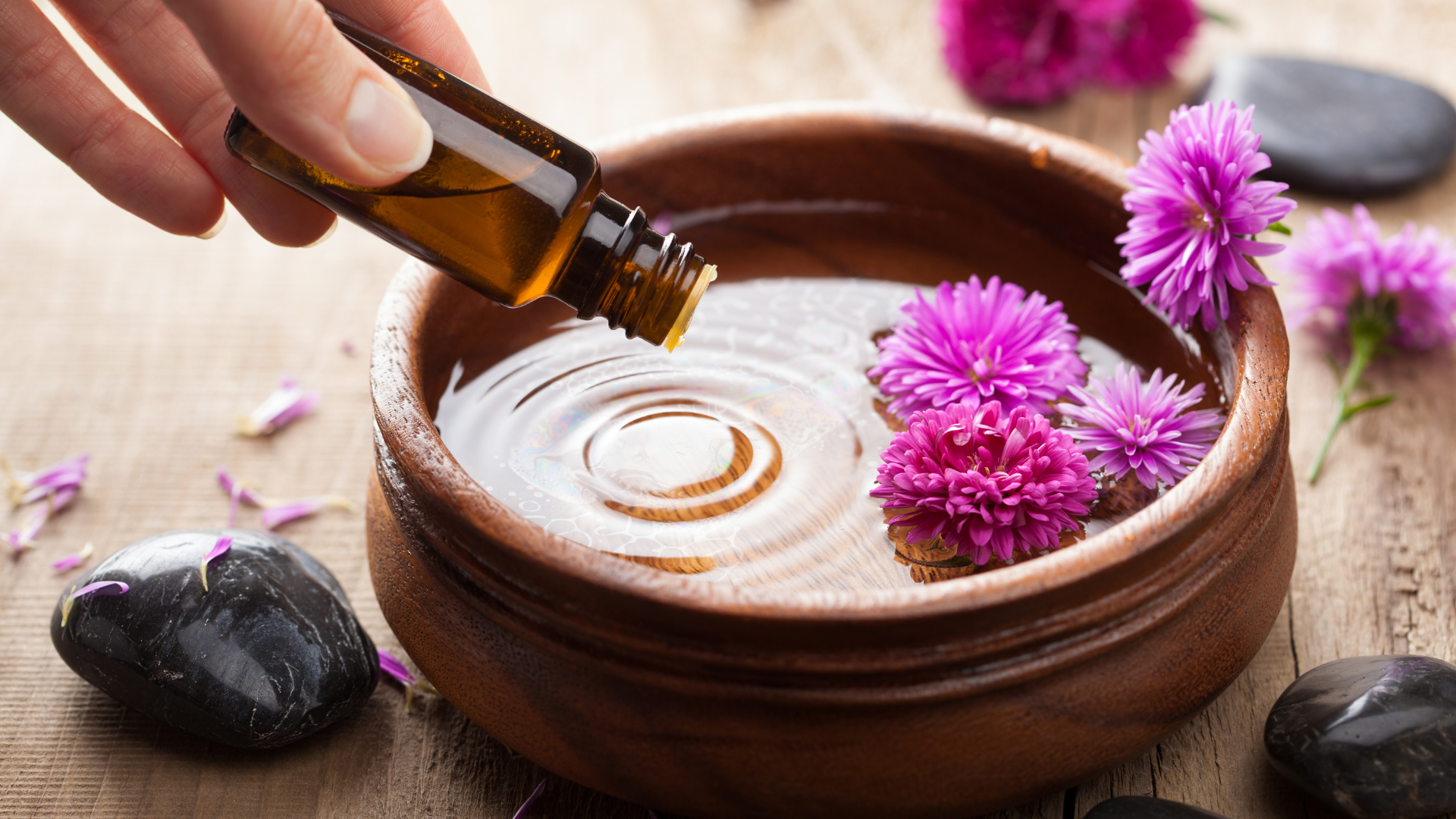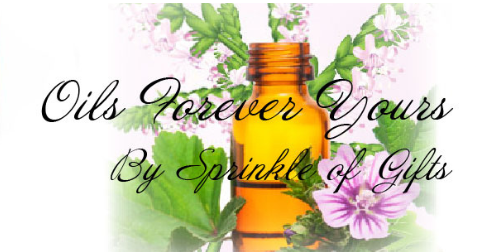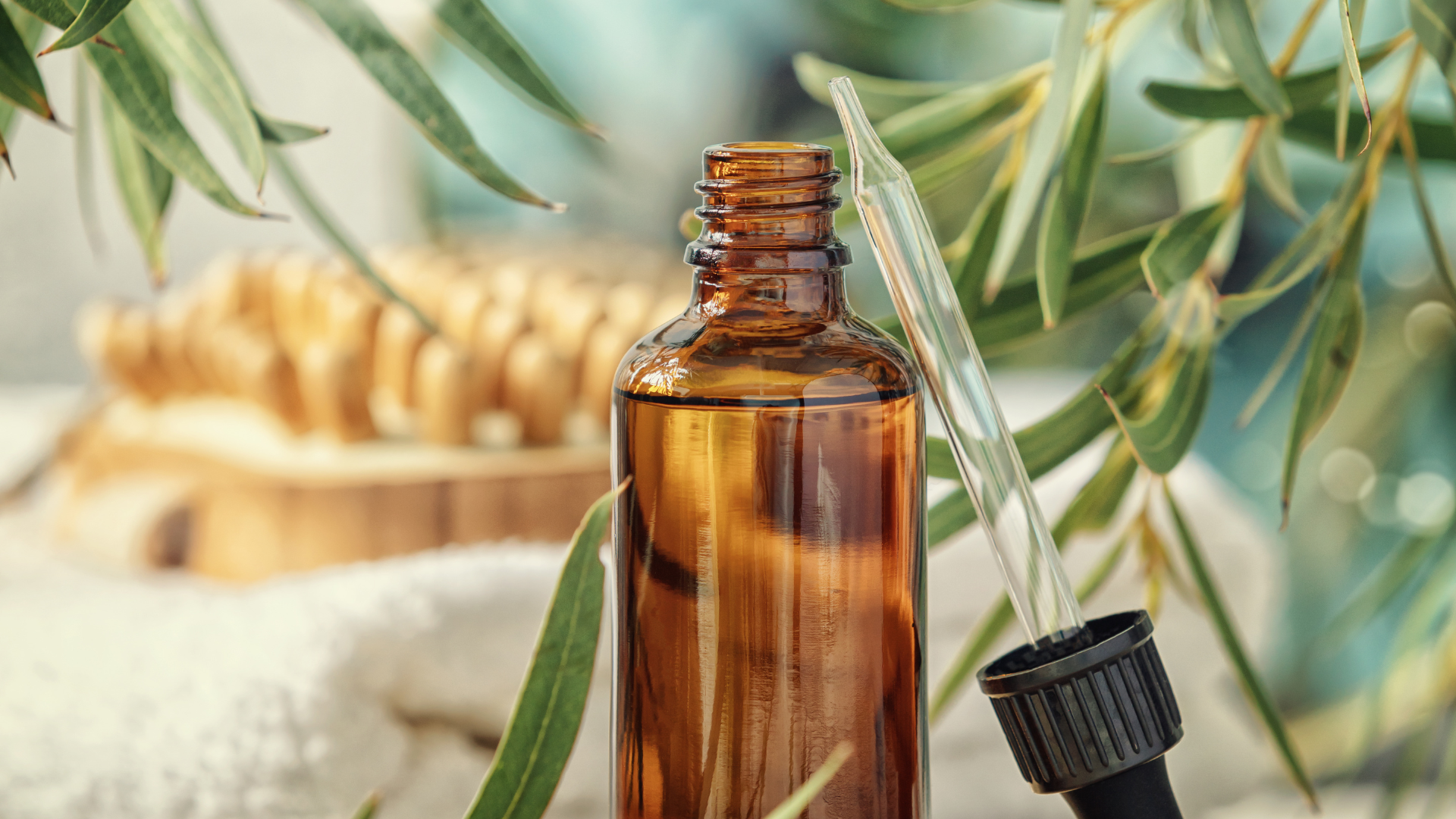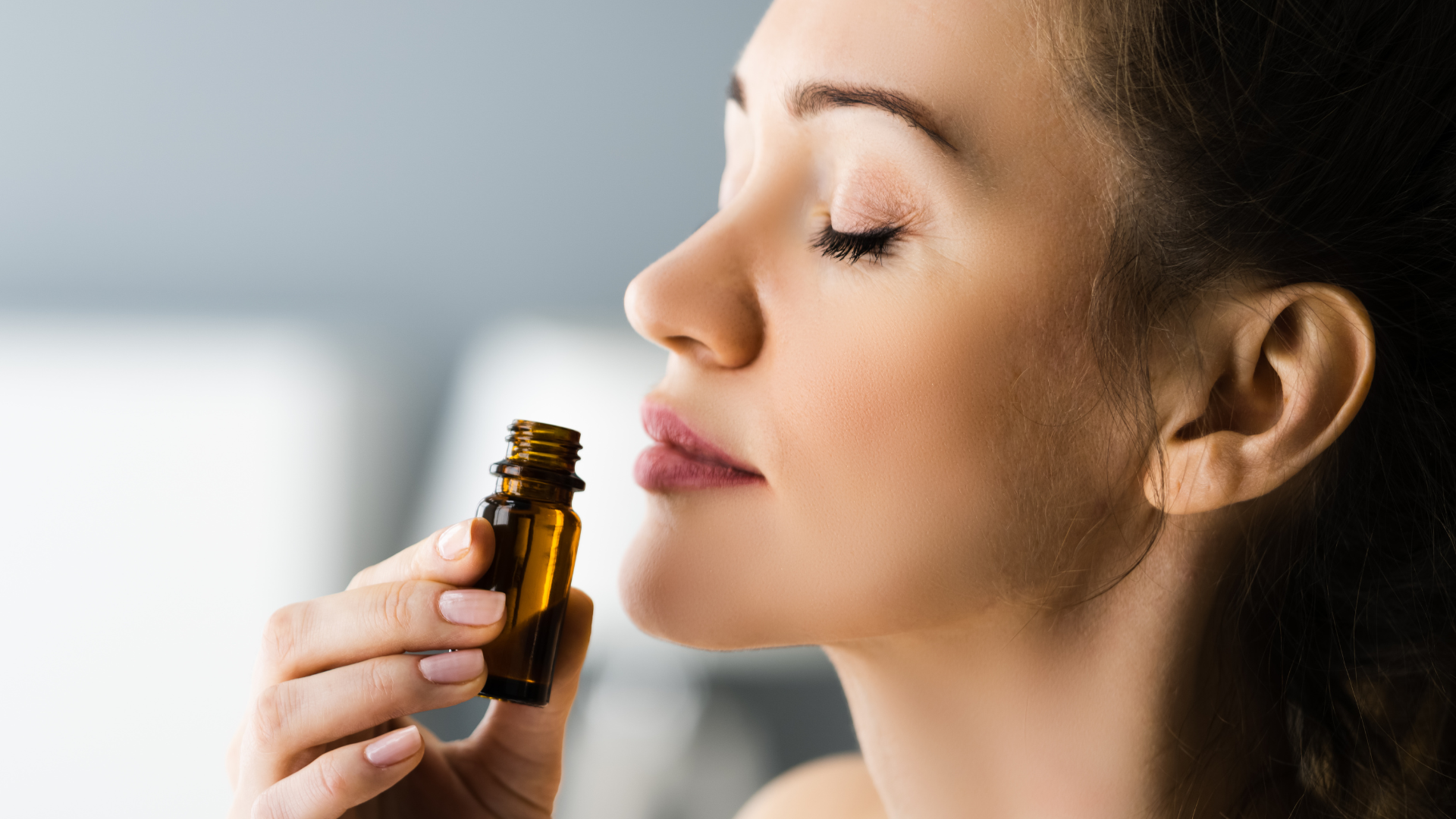Essential Oils in Skincare: What You Need to Know

Essential oils have been used for centuries for their therapeutic properties, and in recent years, they’ve become a popular ingredient in skincare products. Known for their potent effects on the skin, essential oils can address a wide range of skin concerns, from acne to aging. However, with their strength comes the need for proper use. If you're new to essential oils in skincare or considering incorporating them into your routine, here's what you need to know.
1. What Are Essential Oils?
Essential oils are concentrated plant extracts that capture the natural fragrance and beneficial properties of the plant. These oils are typically obtained through methods like steam distillation or cold pressing. Depending on the plant, essential oils can offer a variety of skincare benefits, such as soothing inflammation, reducing signs of aging, and treating skin infections.
2. Why Use Essential Oils in Skincare?
Essential oils bring a natural, holistic approach to skincare, and many are packed with antioxidants, vitamins, and anti-inflammatory compounds. Some common benefits of using essential oils in your skincare routine include:
- Anti-aging effects: Many essential oils, such as frankincense and rose, have skin-rejuvenating properties that help reduce the appearance of fine lines and wrinkles.
- Acne treatment: Essential oils like tea tree and lavender are known for their antibacterial and anti-inflammatory properties, making them effective in treating acne and preventing future breakouts.
- Soothing and calming: Essential oils like chamomile and lavender can help calm irritated or inflamed skin, making them ideal for sensitive skin or conditions like eczema and psoriasis.
- Moisturizing: Some essential oils, such as geranium and sandalwood, help to lock in moisture and promote hydrated, plump skin.
3. Popular Essential Oils for Skincare
Not all essential oils are created equal, and some work better for certain skin concerns than others. Here are a few commonly used essential oils in skincare and what they can do for your skin:
Tea Tree Oil – Acne and Blemishes
Tea tree oil is a go-to essential oil for treating acne. It has natural antibacterial properties that can help eliminate acne-causing bacteria, reduce inflammation, and promote healing. Applying diluted tea tree oil to blemishes can significantly reduce their appearance and prevent future breakouts.
Lavender Oil – Soothing and Healing
Lavender oil is widely known for its calming properties, both for the skin and mind. It is great for soothing irritated or inflamed skin and is often used to treat burns, cuts, and insect bites. It’s also excellent for helping reduce the appearance of scars and blemishes.
Frankincense Oil – Anti-aging and Skin Rejuvenation
Frankincense is a highly regarded essential oil in skincare for its anti-aging properties. It helps promote healthy cell regeneration and improves skin elasticity, making it a great choice for reducing the appearance of wrinkles and fine lines. It also helps tone the skin and can improve the overall complexion.
Rosemary Oil – Stimulating Circulation and Toning
Rosemary oil is known for its ability to stimulate blood circulation, making it a great addition to skincare products aimed at promoting healthy, glowing skin. It also has a toning effect that helps firm the skin, reduce puffiness, and even out skin tone.
Chamomile Oil – Sensitive Skin and Inflammation
Chamomile essential oil is incredibly gentle on the skin, making it an excellent choice for those with sensitive or irritated skin. It has powerful anti-inflammatory properties that help calm redness and swelling, making it perfect for conditions like eczema, rosacea, or general skin irritation.
Geranium Oil – Balancing Oily and Dry Skin
Geranium oil is a versatile essential oil that works well for both dry and oily skin. It helps balance sebum production, ensuring your skin doesn’t get too oily or dry. This makes it an ideal choice for combination skin types.
4. How to Use Essential Oils in Skincare
While essential oils are incredibly potent and effective, it’s essential to use them properly to avoid irritation. Here are a few tips for using essential oils safely in your skincare routine:
Dilution Is Key
Essential oils are highly concentrated and can irritate the skin if used undiluted. Always mix essential oils with a carrier oil, such as jojoba oil, coconut oil, or sweet almond oil, before applying to your skin. The general recommendation is to dilute essential oils at a ratio of 1-2% (1-2 drops of essential oil per teaspoon of carrier oil).
Patch Test
Before using any essential oil on your face or body, perform a patch test to ensure you don’t have an allergic reaction. Apply a small amount of diluted essential oil to the inside of your elbow and wait for 24 hours to see if any irritation occurs.
Use in Moderation
A little goes a long way with essential oils. Overuse can lead to skin irritation, so use them sparingly. Start with a few drops in your skincare products and gradually increase if necessary.
Incorporate into Your Routine
Essential oils can be added to your skincare routine in several ways:
- In your moisturizer: Add a drop or two of your favorite essential oil to your daily moisturizer for added benefits.
- In a DIY mask: Mix essential oils with natural ingredients like honey, yogurt, or clay to create a nourishing face mask.
- As a toner: Add a few drops of essential oil to a facial toner or water and apply with a cotton pad.
- In a bath: Add a few drops of essential oil to your bathwater for a relaxing, skin-soothing soak.
5. Precautions When Using Essential Oils in Skincare
While essential oils are beneficial, they are not without their precautions. Here are some things to keep in mind:
- Avoid use near the eyes: Essential oils can cause irritation if they come into contact with your eyes. Always apply them with caution, and avoid areas around the eyes unless specifically formulated for safe use there.
- Check for contraindications: Certain essential oils, such as basil and rosemary, should be avoided during pregnancy or if you have specific health conditions. Always check for contraindications before use.
- Store properly: Essential oils should be stored in a cool, dry place, away from sunlight, to preserve their potency and effectiveness.
Essential oils can be a powerful addition to your skincare routine, offering a natural, plant-based way to address a variety of skin concerns. From acne treatment to anti-aging, there’s an essential oil for nearly every skin type and condition. However, it’s crucial to use them correctly, diluting them properly and performing patch tests to ensure safe application. With the right precautions, essential oils can help you achieve radiant, healthy skin, naturally.











